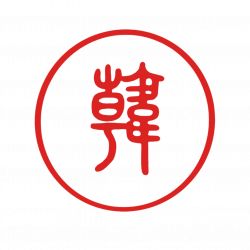Bak kut teh is a well-loved Chinese pork rib soup, especially popular in Malaysia and Singapore. Its name translates to “meat bone tea”, and it is traditionally prepared by simmering pork ribs in a broth of aromatic Chinese herbs and spices. As with many traditional dishes, questions about its health benefits often arise. Here is a closer, neutral look at why bak kut teh can be part of a healthy diet—when enjoyed in moderation.
Key Potential Health Benefits
1. Rich in Protein and Nutrients
Bak kut teh’s main ingredient is pork ribs, which are a good source of protein—a vital macronutrient for muscle maintenance and repair. A single serving provides about 14–20g of protein, and is also a source of iron, calcium, and various essential minerals.
2. Herbal Ingredients With Possible Benefits
The soup base includes a variety of herbs and spices, such as:
- Garlic: Known for its potential to support heart health and immune function.
- Star Anise & Cinnamon: Offer antioxidant and antibacterial properties.
- Dang Gui (Angelica Sinensis) and Codonopsis: Used in traditional Chinese medicine for general health and circulation.
- Pepper: Contains piperine, linked to enhanced metabolism and circulation.
These herbs and spices not only provide flavor, but may also contribute to the soup’s traditional reputation for aiding digestion, promoting warmth, and general wellness.
3. Collagen Content
Long simmering of bones in the soup results in some collagen leaching into the broth, which may support joint and skin health. Collagen is a protein that the body uses to build and repair tissue, though the real-life impact depends on individual diets and how the body digests these components.Things to Consider
- Sodium and Fat Levels: Bak kut teh can be high in sodium and saturated fat, especially if consumed with salty condiments or fatty cuts of pork. High sodium intake may not be suitable for those with hypertension or certain health conditions.
- Calorie Add-Ons: While the soup itself is moderate in calories, typical accompaniments like rice, fried dough (youtiao), and side dishes can quickly increase the calorie count of a meal.
- Individual Tolerance: Some find the soup “heaty” (warming) in traditional Chinese medicine terms, which may not suit everyone.
Moderation Is Key
Bak kut teh can be enjoyed as part of a balanced diet, especially when paired with vegetables and reasonable portion sizes. However, moderation is important due to the sodium and fat content that can accumulate with large or frequent servings.
As with any dish, bak kut teh offers some potential health benefits thanks to its protein, herbs, and spices, but no single food guarantees good health. A varied and balanced approach to eating yields the best results.
Always consult with a healthcare professional for diet advice tailored to individual health needs.
